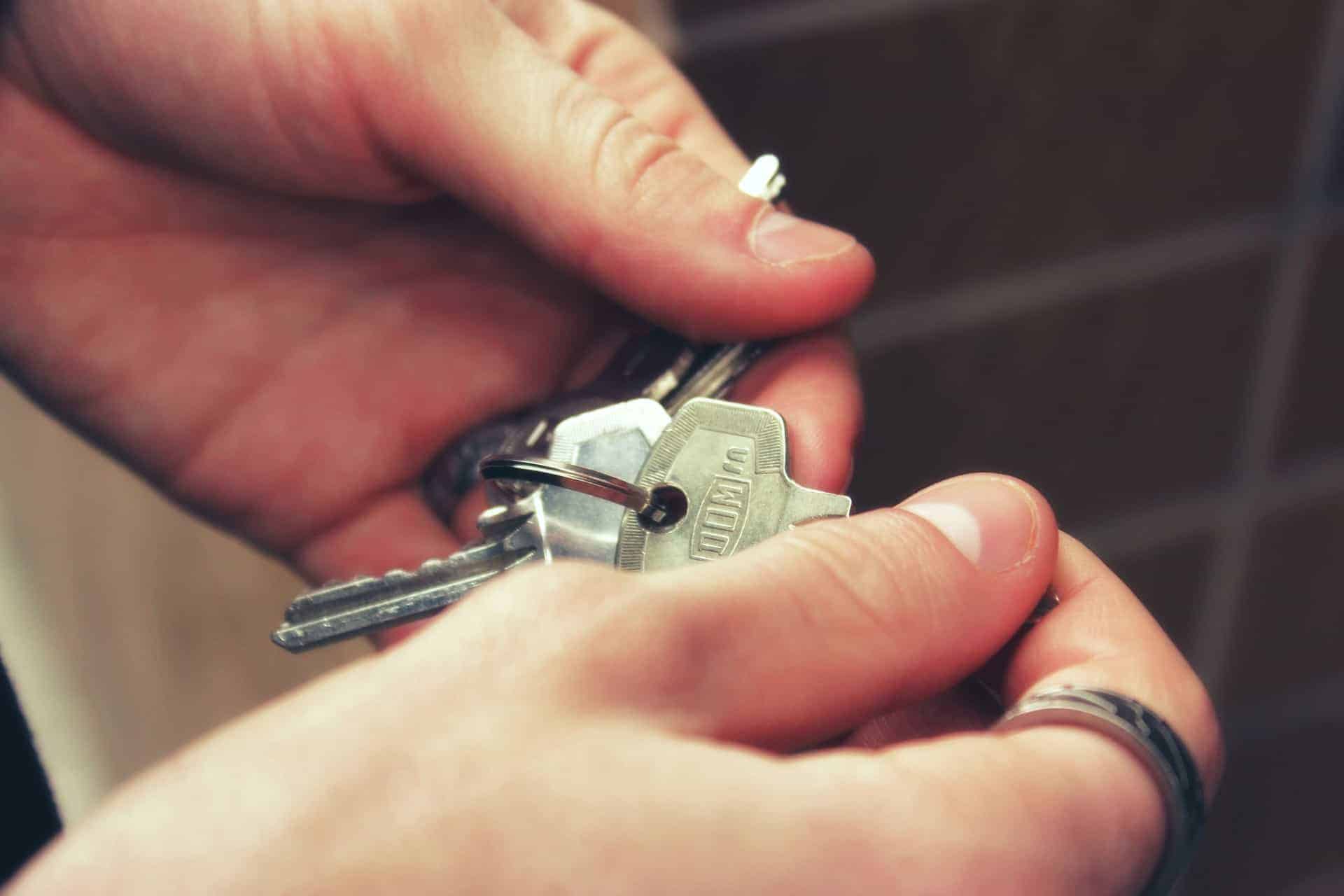Do your homework before renting a property
Last spring, I signed a lease to move into what I thought was a beautiful home, blissfully unaware of the nightmare that was about to unfold. Looking back, I have some tips to share on how others might avoid unintentionally placing themselves in a precarious housing situation.
My first red flag was before we moved in, when I posted a picture of a beautiful feature of the house and the landlord asked that I not post pictures of the house on social media. My second red flag was when, upon moving in, I discovered that feature clad in construction materials because of a building code problem. I told him his solution wasn’t acceptable to me esthetically, sourced out a very affordable fix, and offered to take it off my rent for three months. When he told me he couldn’t afford that and asked me to do it over a longer period, the third red flag appeared. I was paying him a hundred more in rent than originally advertised and he couldn’t afford to fix a building code violation?
Meanwhile, although the landlord had told the public health inspector he was selling the house, she drove by it regularly to ensure he kept his word. Soon after we moved in, the public health inspector arrived, inspected the house, and issued an order for repair.
There were numerous problems with the house, ranging from plumbing to heating. The landlord didn’t address most of these problems, so the house failed the follow-up inspection. We moved out at the end of October.
I’ve learned a great deal from this experience.
First of all, you can investigate a potential rental property through the Alberta Health Services website. Under the Environmental Public Health Services Program, inspectors can inspect public places, including housing, order that any dangerous conditions be repaired, or even declare a property unfit for habitation. Orders are posted on www.albertahealthservices.ca/eph.
Landlords are required by law to keep the premises clean and in good repair. Minimum housing and health standards include a place to prepare meals, hot and cold running water, and a working fridge and stove. Washrooms must have a sink with hot and cold running water, a working toilet, and a bathtub or shower. All housing must have working smoke alarms, bedroom windows large enough to be used as a fire escape, and doors and windows that can be locked securely from both inside and outside. The landlord must ensure the home has working heat, plumbing, sewage, and electricity, although it may be the tenant’s responsibility to pay for electricity.
If a property fails to meet these standards, keep looking. At the very least, do not sign a lease or hand over any money without a commitment in writing from the landlord that the repairs will be made before you move in. If you are already a tenant and any of the above conditions are not being met, ask your landlord to make the repairs. If a reasonable amount of time passes before the problems are addressed or if the landlord refuses to address them, contact Alberta Health Services.
The City of Edmonton requires landlords to have a business license to operate rental accommodations. I would suggest that this be a very good condition to add to any lease you sign. A license isn’t any guarantee that your landlord will be good, but it means they know about their legal responsibilities.
The Residential Tenancies Act makes it mandatory for landlords and tenants to complete a move-in and move-out inspection report. If your landlord doesn’t do this, do one yourself. Take pictures of every room and the exterior of the house before you move in. Make notes of any areas that need repair and keep copies of messages to your landlord and their response. Nobody ever wants to end up in court or at a Residential Tenancy Dispute Resolutions Service hearing, but if you find yourself there, the more documentation you’ve got, the better.
If I am ever in the market for a rental property again, I’m going to ask the landlord for references. Previous tenants can attest to whether or not the landlord is responsible and maintains the property. Landlords get to ask tenants for references and I see no reason why the reverse shouldn’t be true.
Featured Image: Investigating a rental property before moving in may save you a lot of problems. | Pixabay







